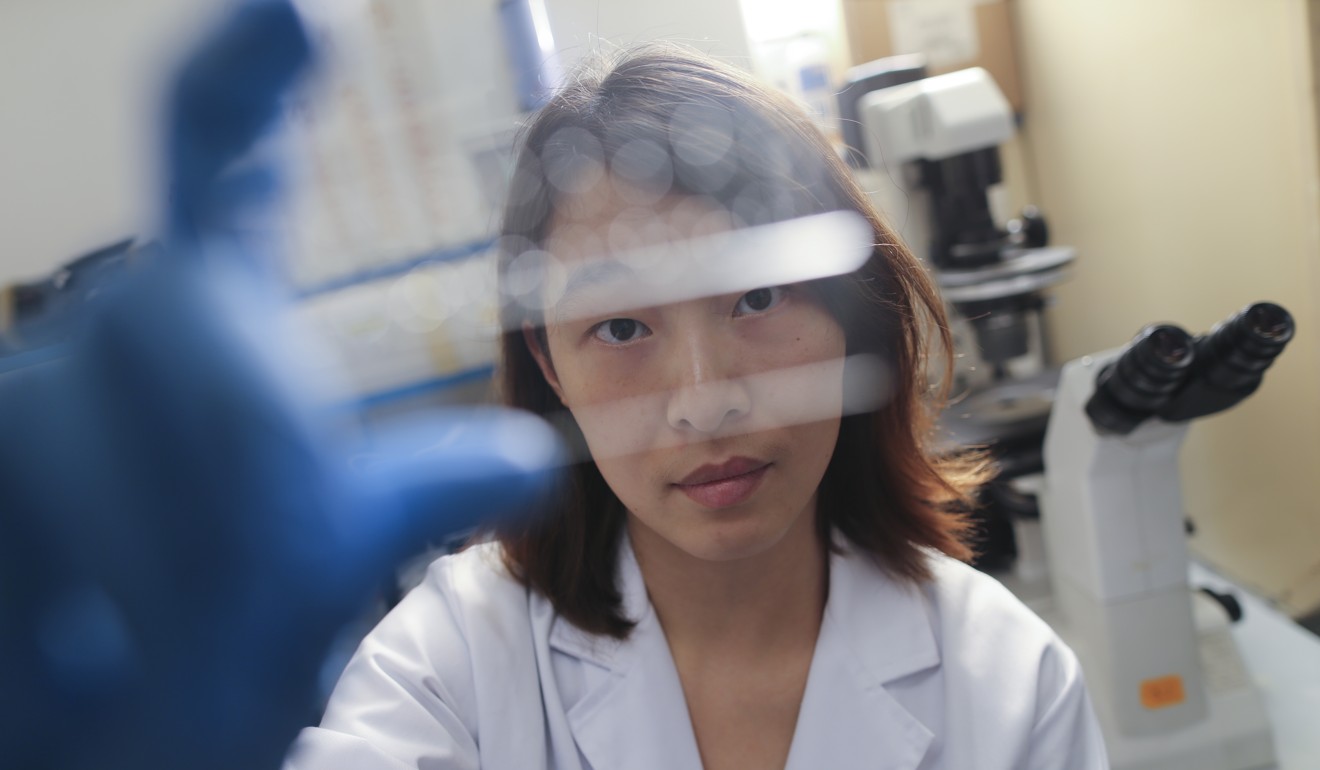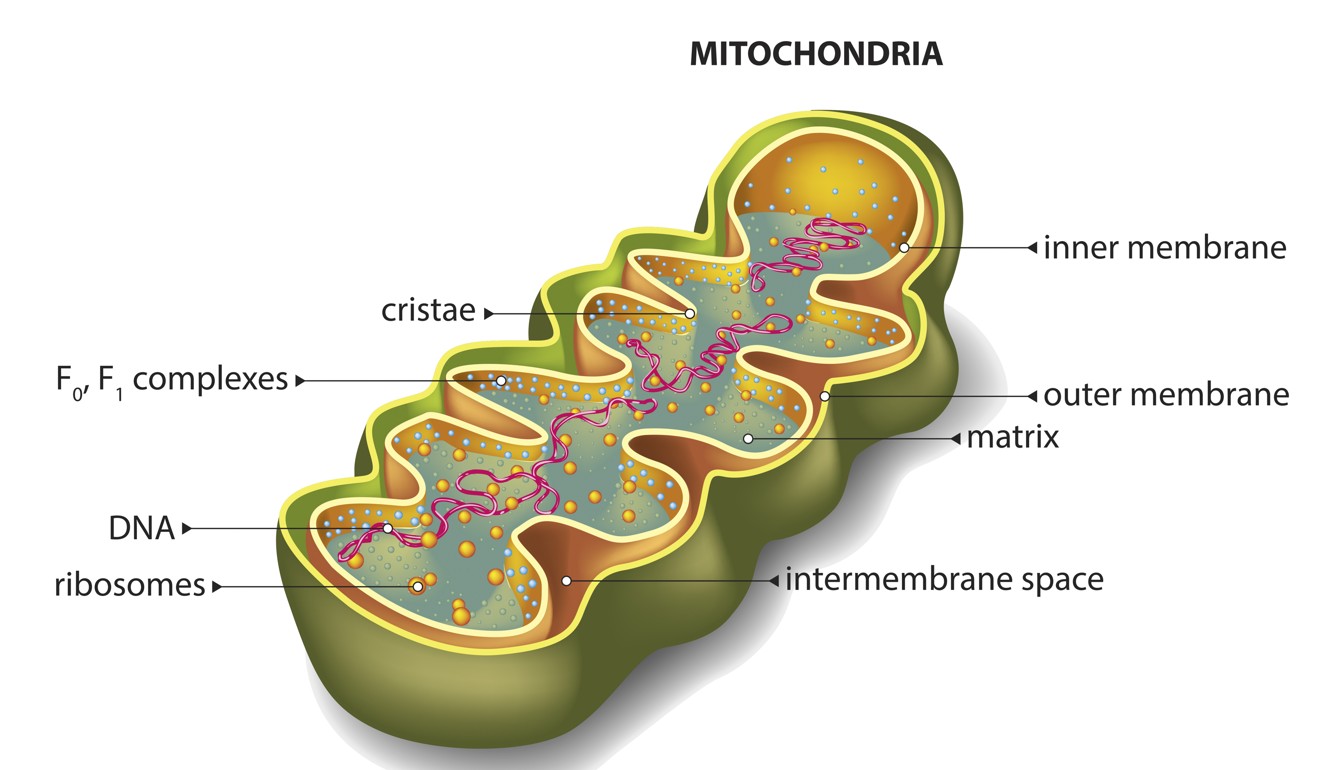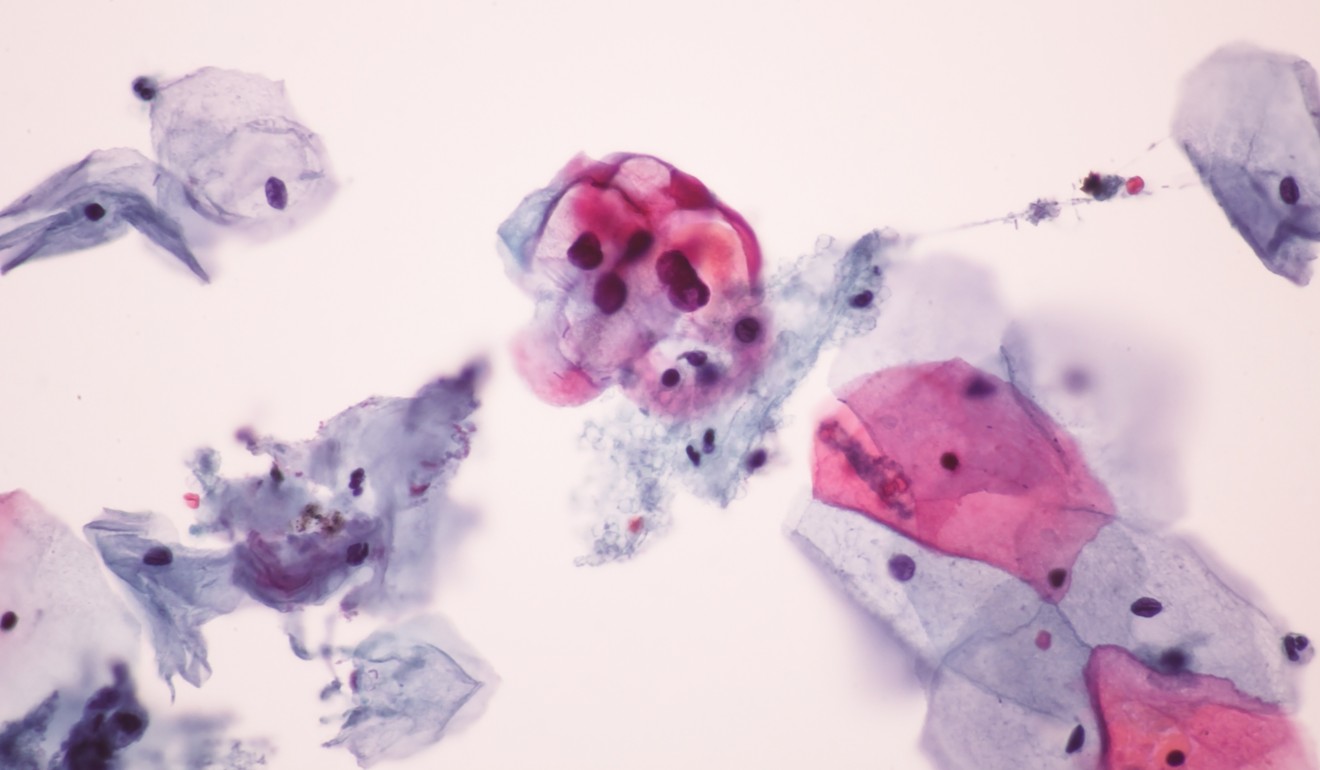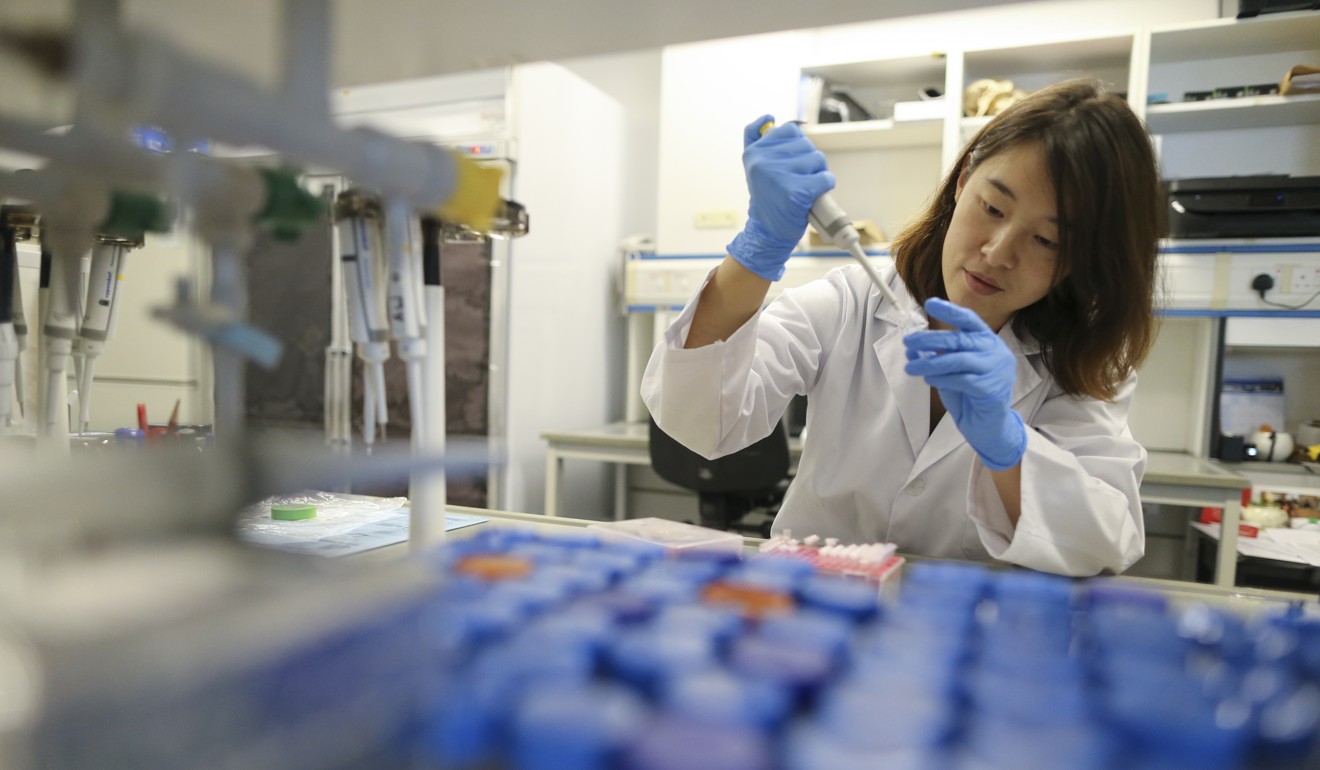
Can gene editing cure viruses and cancer? A Hong Kong expert separates fact from fiction
Research into altering genetic codes to defeat viruses and cancers has shown promising results, but the subject is fraught with social and ethical concerns. We talk to an expert on genetics about the possible uses of the technology
Gene editing has been around for years but it has recently attracted interest – and alarm, thanks to CRISPR-Cas9, an easy-to-use tool for altering and rewriting genetic information, that is more precise than previous techniques. This technology has been used to research potential weapons against cancer, human papillomavirus, HIV, and other diseases previously thought incurable. Some research has yielded promising results, and some has led to controversy, underscoring the social, ethical and regulatory minefield surrounding gene editing.
“The scope of these ethical issues is vast and difficult to summarise, but the bottom line is that there needs to be a great deal of discussion among scientists, health care providers, lawmakers, government, and advocacy groups. They must determine what is and is not an acceptable social or ethical risk, and how best to regulate the technology,” says Angela Wu, assistant professor at Hong Kong University of Science and Technology’s division of life science.

It’s too early or “unrealistic” to make this assessment, says Wu. “In order to edit or select a specific feature, we need to know where that feature sits in the genome,” she says. Research into the genes causing various diseases exists, and can be used to target specific genetic information for alteration. The same can’t be said for intelligence and physical features. “There is a lot that we don’t know about these traits, which are the result of complex interactions between different parts of the genome,” she says.
In China, scientists have already genetically altered embryos: does this mean babies will soon be born with the help of gene editing?
In a world first a few years ago, researchers at Sun Yat-sen University in Guangzhou, southern China, modified human embryos using CRISPR-Cas9. In 2016 a group of scientists at Guangzhou Medical University edited embryos to be HIV resistant. None of these embryos were implanted in humans, but the research provoked alarm and debate worldwide.
There are many technical challenges to overcome, so don’t expect to see this happening soon, especially in Hong Kong, where regulation of medical procedures is more stringent than in China, says Wu.
Embryos produced through in vitro fertilisation (IVF) are checked for severe genetic defects before being selected, which Wu says is a form of genetic editing. Wu cites the landmark case of a baby born in 2016 in the UK from genetic material from three parents.

“How different is that from babies being born with help from gene editing in the lab?” she asks, urging a more nuanced view on the subject.
Could this technology revolutionise HPV treatment?
Yes, according to Wu. Many viral infections such as HPV establish “a latent reservoir” in the cells (once infected, the virus lurks in the cells for years and can wreak havoc at random times). “With this technology, there is potential for viruses to be permanently removed; this applies not just to HPV but a number of viruses,” she says.

Every cell in the body contains a copy of your DNA, but only the sperm and egg cells pass genetic information to your children and future generations. “As long as we don’t modify the copies of DNA stored in the sperm or egg, the edited information will not affect your future offspring,” Wu says.
Gene editing therapies that aim to eradicate HPV would likely only target skin cells, the location of the infection. “Skin cells are not involved in reproduction, and therefore any changes to the DNA in a skin cell will not affect future offspring,” she says.

Can gene editing cure cancer?
This is partially true. “One area showing promise is changing someone’s immune system so it becomes more aware of the cancer and attacks it,” says Wu.
Waseem Qasim and his team of researchers have conducted trials at London’s Great Ormond Street Hospital, harnessing this method to treat two children with leukaemia; it saved their lives. The results were published in Science Translational Medicine in January this year.
However, research on directly editing out genes causing cancer or mutations remains limited and so is still inconclusive.

